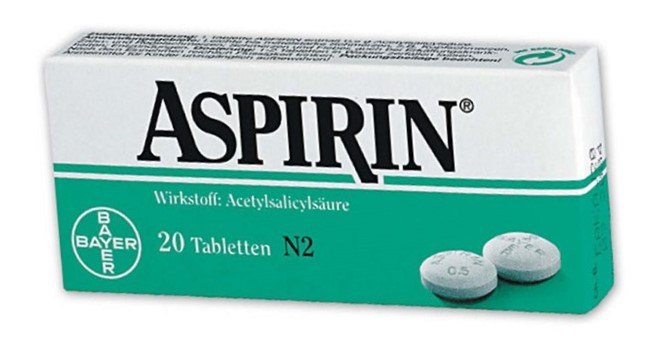Aspirin is one of the world’s most widely used medications. It is a non-steroidal anti-inflammatory (NSAID) drug. It’s used for pain, migraines, and fever; however can also help reduce symptoms for rheumatic arthritis in high doses. It is also used therapeutically in low doses (75-81mg/day) to reduce the risk of cardiovascular disease, colorectal cancer, a heart attack, or a stroke.
In 2016, three new studies broke the news that aspirin can help prevent cancer, particularly if there is an increased risk for it. It may even be used in treating cancer. But, after this news, it seems people wanted to get on the aspirin bandwagon. Please remember that aspirin is NOT a supplement; it is a medication with real side effects, precautions, and advisories so it should ONLY be taken under the direction of your doctor, for a specific reason and duration. For example, some take a daily baby aspirin to offset risks of heart attack or stroke.
The risks to taking that innocent looking baby aspirin can include an increased risk of ulcers or internal bleeding. In fact, there are more factors that could further increase the risk of an aspirin-induced ulcer:
- Over 60 years old
- History of gastric or duodenal ulcer
- Having an active H-Pylori infection
- Taking aspirin with a full strength Nsaid (ibuprofen, Motrin, Naproxen)
- Taking aspirin with an anticoagulant (warfarin)
- Taking aspirin with an antiplatelet agent (clopidogrel, ticlopidine)
- Taking aspirin with a continued dose of steroids
So it is very important to understand the risks, factors, and only use aspirin as a treatment when prescribed by your doctor. Your doctor can weigh the dangers and the risks for your individual situation and offer you the best advice and ongoing support for this decision.



